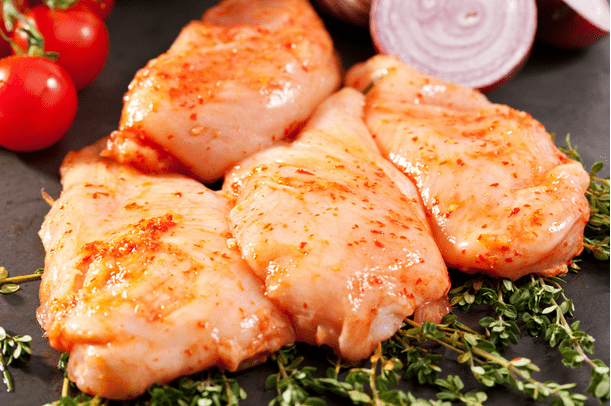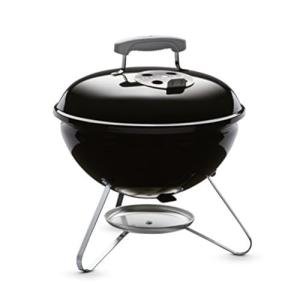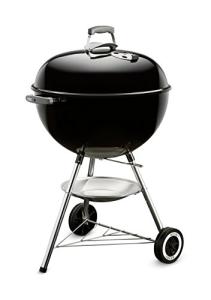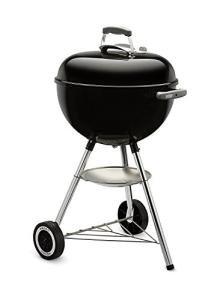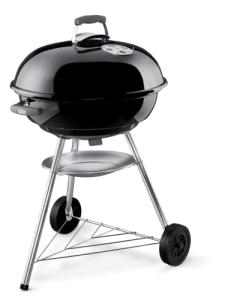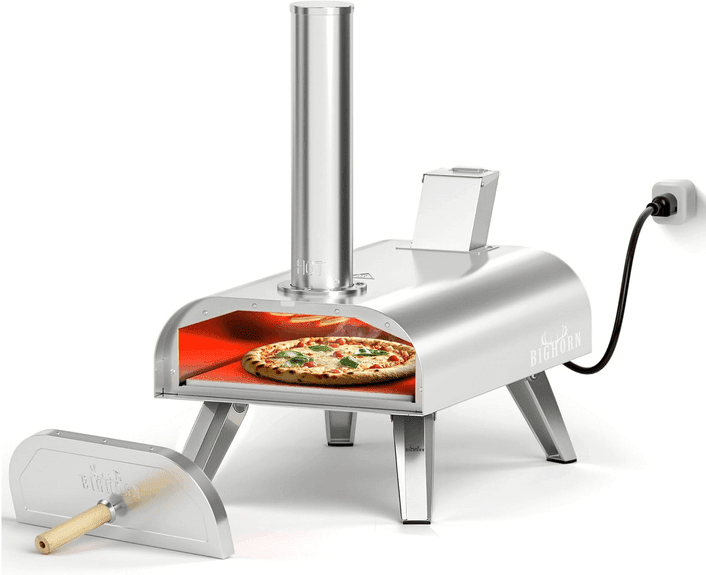Grilled chicken becomes a standout meal with the right marinade. The combination of acids, oils, and seasonings transforms plain chicken into juicy, tender bites bursting with flavor.
A good marinade needs just 30 minutes to work its magic, though 2-4 hours creates the most flavorful results.

Every great marinade starts with three basic elements: an acid like citrus juice or vinegar to tenderize, oil to keep the meat moist, and seasonings to add flavor.
From classic lemon-herb to bold Asian-inspired blends, marinades offer endless ways to make weeknight chicken dinners special.
The best marinades balance their ingredients to enhance the natural taste of chicken without overpowering it. Simple combinations like soy-ginger or citrus-garlic create reliable results that please most taste buds. These marinades work well for any cut of chicken and help prevent the meat from drying out on the grill.
Essential Ingredients for Chicken Marinades
A great chicken marinade needs three key components that work together to add flavor and tenderize the meat. These ingredients help break down tough muscle fibers while infusing the chicken with rich, savory flavors.
Acidic Components
Citrus juices and vinegars are essential for tenderizing chicken meat. Lemon juice works especially well in herb-based marinades, while lime juice pairs nicely with garlic and spicy elements.
Common acidic ingredients include:
- Lemon juice
- Lime juice
- Apple cider vinegar
- White wine vinegar
- Buttermilk
- Yogurt
The acid should make up about 25-30% of your marinade mixture. Don't let chicken sit in highly acidic marinades for more than 2 hours, as this can make the meat mushy.
Oils and Fats
Oils help carry flavors into the meat while keeping the chicken moist during cooking. They also help the marinade stick to the surface of the chicken.
Best oils for marinades:
- Olive oil
- Vegetable oil
- Sesame oil (use sparingly for Asian-inspired flavors)
- Avocado oil
Use about 40-50% oil in your marinade mixture. This creates the right balance with acidic ingredients.
Aromatic Herbs and Spices
Fresh herbs and spices provide the signature flavors that make each marinade unique. Garlic and herbs like rosemary create classic savory combinations.
Popular aromatic combinations:
- Garlic + parsley + thyme
- Ginger + scallions + garlic
- Rosemary + sage + oregano
- Paprika + garlic powder + onion powder
Fresh herbs work best when added just before cooking. Dried spices should be mixed into the marinade early to release their flavors.
Mix aromatics to make up 20-30% of your marinade. Start with 2-3 complementary flavors rather than using too many competing ingredients.
Classic Marinade Recipes and Pairings

These time-tested marinades transform ordinary chicken into flavorful, tender meals perfect for any occasion. Each recipe uses common pantry ingredients to create distinct flavor profiles that complement different side dishes.
Lemon Garlic and Herb
Mix 1/2 cup olive oil, juice of 2 lemons, 4 minced garlic cloves, and 2 tablespoons fresh herbs like rosemary and thyme. Add 1 teaspoon each of salt and black pepper.
This bright, aromatic marinade works best when chicken soaks for 2-4 hours in the refrigerator. The acid from the lemons helps tenderize the meat while the herbs infuse it with Mediterranean flavors.
Perfect Pairings:
- Roasted Greek potatoes
- Grilled asparagus
- Mediterranean couscous
Spicy Chipotle
Blend 3 chipotle peppers in adobo sauce, 1/4 cup lime juice, 4 garlic cloves, and 1/3 cup olive oil. Mix in 1 teaspoon each of cumin and oregano.
The smoky heat develops best after 4-6 hours of marinating. For less spice, reduce the number of chipotle peppers.
Recommended Sides:
- Mexican street corn
- Black beans and rice
- Grilled bell peppers
Honey Mustard and Balsamic
Combine 1/4 cup each of honey, Dijon mustard, and balsamic vinegar with 2 tablespoons olive oil and 2 minced garlic cloves. Add 1 teaspoon dried basil and 1/2 teaspoon black pepper.
This sweet and tangy blend needs just 2 hours to penetrate the meat. The honey creates a beautiful caramelized exterior when grilled.
Serving Suggestions:
- Roasted root vegetables
- Wild rice pilaf
- Steamed green beans
Techniques for Marinating Chicken

Proper marinating techniques make the difference between bland chicken and juicy, flavorful results. The right timing, temperature control, and marinade proportions ensure the best possible outcome.
Time and Temperature
Chicken needs 2-12 hours of marinating time in the refrigerator at 40°F (4°C). Never marinate at room temperature, as this can allow harmful bacteria to grow.
Thin cuts like chicken breasts need 2-6 hours of marinating time. Thicker pieces like whole chickens or bone-in thighs require 8-12 hours.
Acidic marinades with lemon juice or vinegar should not exceed 4 hours, as they can make the meat mushy. Oil-based and yogurt-based marinades can safely marinate for up to 12 hours.
Balancing Flavors
A balanced marinade contains three key components:
- Oil: 1 part (olive oil, vegetable oil)
- Acid: 1/2 part (citrus, vinegar, wine)
- Seasonings: To taste (herbs, spices, aromatics)
Savory marinades work well with soy sauce, garlic, and herbs like rosemary or thyme. For tangy options, combine citrus with honey or brown sugar.
Avoid marinades with high sugar content, as they can burn quickly on the grill.
Marinade To Meat Ratios
Use 1/2 cup of marinade for each pound of chicken. This ensures even coating without waste.
Place chicken and marinade in a sealed plastic bag or covered container. Remove excess air to maximize contact between the marinade and meat.
Turn the chicken pieces every few hours if possible. This helps achieve even flavor distribution throughout the meat.
Reserve a portion of fresh marinade before adding raw chicken if you plan to use it as a sauce later. Never reuse marinade that has touched raw meat.
Stovetop Sear and Simmer
A two-step stovetop method creates a golden crust while keeping the chicken moist.
Heat a heavy-bottomed pan over medium-high heat.
Sear the marinated chicken for 3-4 minutes per side until golden brown.
The sugars in the marinade will caramelize, creating extra flavor.
Next, reduce the heat to low, add 1/4 cup of water or broth, and cover the pan.
Let the chicken simmer for 8-10 minutes until fully cooked.
The steam helps lock in moisture while the marinade forms a glaze on the chicken's surface.
DISCLAIMER
This document is provided for general information purposes only and should not be relied upon as providing legal advice, technical, or specific operational guidance to the reader, whether as to the practices described in the document or the applicable legal requirements and regulations. backyardgrillingpros.com expressly disclaims any responsibility for liability arising from or related to the use or misuse of any information in this document.
